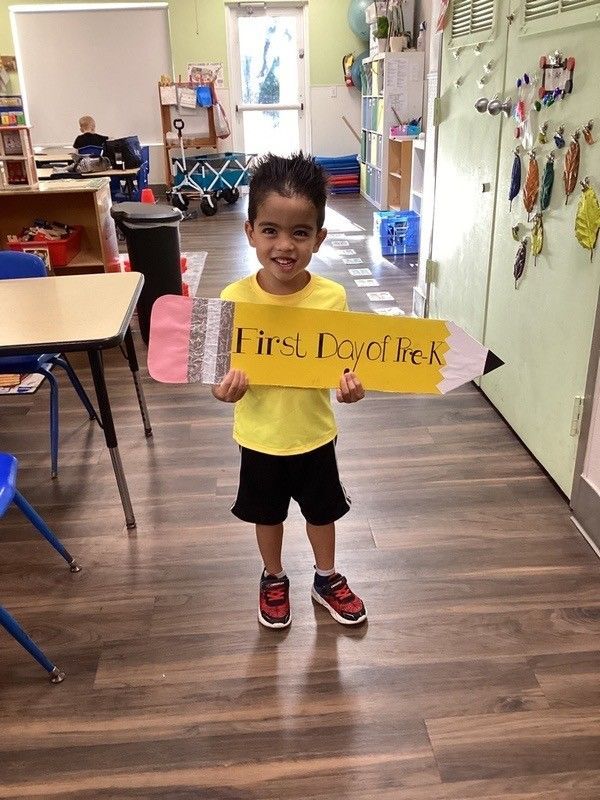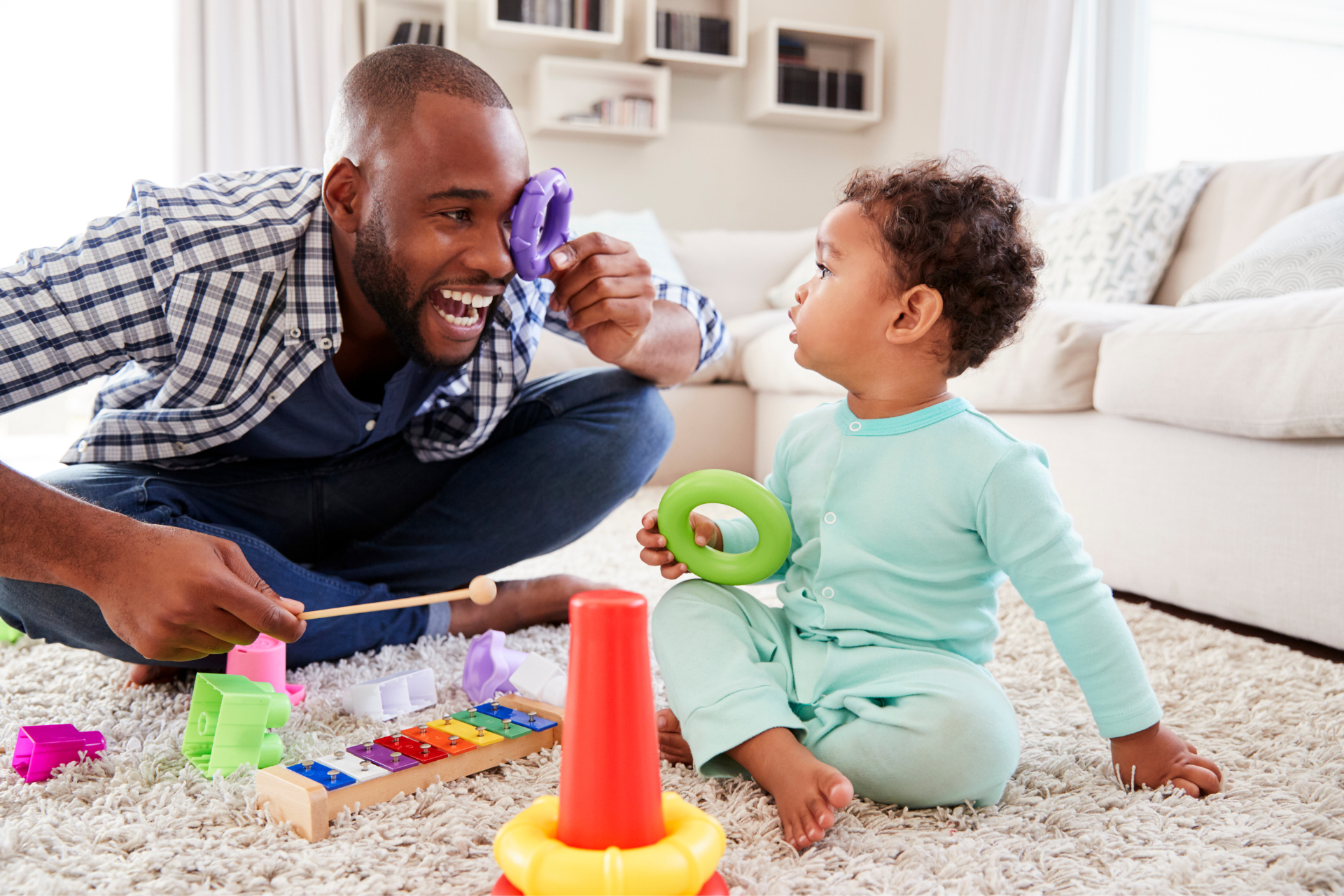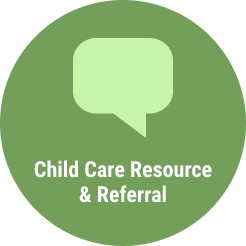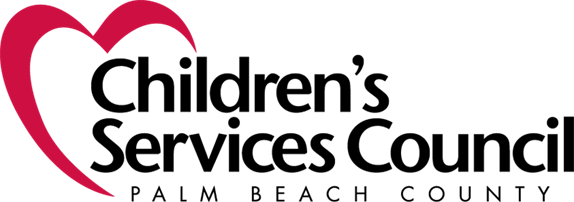By Aruna Gilbert
•
May 8, 2025
Written By Aruna Gilbert – Chief Program and Policy Officer I had the privilege of sitting with my 70-year-old uncle as he reminisced about his childhood. As someone working in early childhood education and social work, I found myself captivated by his stories, not just because they were family history, but because they so perfectly illustrated principles I encounter daily in my professional life. My uncle grew up in Guyana in the 1950s, when early education looked very different than it does today. He described his pre-K classroom as one large open space without partitions, housing several age groups simultaneously. In this environment, he struggled tremendously. “I couldn’t sit still,” he told me with a chuckle. “I would roam around the classroom constantly, moving from one area to another.” Today, we might have quickly labeled him as having ADHD or a behavior problem and developed an intervention plan. Back then, the solution was much simpler: his parents were called in and informed that he could not remain at the school; they didn’t believe they were the best place for him. At just five years old, my uncle faced his first educational rejection. What happened next would alter the course of his life. My grandparents enrolled him in a boys’ school where the headmistress took a markedly different approach. When my grandmother expressed concern about her son’s behavior, the headmistress simply said, “Don’t worry, he will be fine.” But she didn’t stop at reassurance. This remarkable educator took a personal interest in my uncle’s development. She checked in on him regularly, created space for his energy, and recognized the intelligence that his previous school had overlooked. She became what researchers now call a “protective factor” in his life. Decades later, my uncle—by then an accomplished civil engineer—was working on a major infrastructure project when he noticed a young engineer with the same surname as his former headmistress. In a moment that still brings tears to his eyes when he recounts it, he discovered he was his beloved headmistress’s grandson. “I was able to tell him how his grandmother had changed my life,” he said. “How I might not have become an engineer at all without her influence.” From “Problem Child” to Distinguished Engineer My uncle went on to graduate at the top of his class at McMaster University in Canada, earning both his Bachelor’s and Master’s degrees in civil engineering with distinction. He later completed his doctorate in civil engineering at the Indian Institute of Technology, one of India’s most elite educational institutions, again with top honors. Yet when asked about the foundations of his success, he doesn’t point to his natural intelligence or even his work ethic. Instead, he recalls those early childhood moments and the headmistress who believed in him. As I listened to my uncle’s story, I couldn’t help but connect it to the growing body of research on childhood development and resilience. Dr. Nadine Burke Harris’s groundbreaking work on Adverse Childhood Experiences (ACEs) shows that negative early experiences can have lasting impacts on children’s development and even their physical health. But her research also reveals something profoundly hopeful: the presence of just one supportive adult can significantly mitigate these effects. One relationship can change everything. Similarly, Isabelle Hau emphasizes in her book “Love to Learn” that relationships are fundamental to learning and development. Children don’t learn from people they don’t trust or feel connected to, and they thrive when they feel seen and valued. My uncle’s story offers several important lessons: 1. Early experiences matter. The way adults respond to children’s needs and behaviors in their early years can have lifelong implications. 2. Labels can limit potential. Had my uncle been in today’s educational system, he might have been labeled with a disorder rather than seen as a child with unique needs and strengths. 3. One adult can change a child’s trajectory. The headmistress didn’t implement an elaborate intervention program; she simply paid attention, showed care, and created space for a different kind of learner. 4. The impact of care ripples through generations. The headmistress never knew how far her influence would reach, but decades later, her grandson got to hear about the profound difference his grandmother had made. Reflection I have thought often about my uncle’s story in the days since our conversation. As professionals in education and child development, we sometimes get caught up in curricula, assessments, and methodologies. These matter, of course, but my uncle’s experience reminds me that at the heart of effective education is something much simpler: relationship. Sometimes, all it takes is one adult who truly sees a child, who looks past challenging behaviors to recognize potential, who makes the daily choice to believe in a child even when evidence suggests otherwise. My uncle’s life stands as testimony to the power of that one caring adult. And it makes me wonder: whose life might our educators be changing today, without even realizing it? What experiences have shaped your educational journey? Was there a teacher or mentor who changed your trajectory? Do you remember your preschool teacher? I would love to hear your stories submitted to communications@elcpalmbeach.org .





 Translate
Translate










